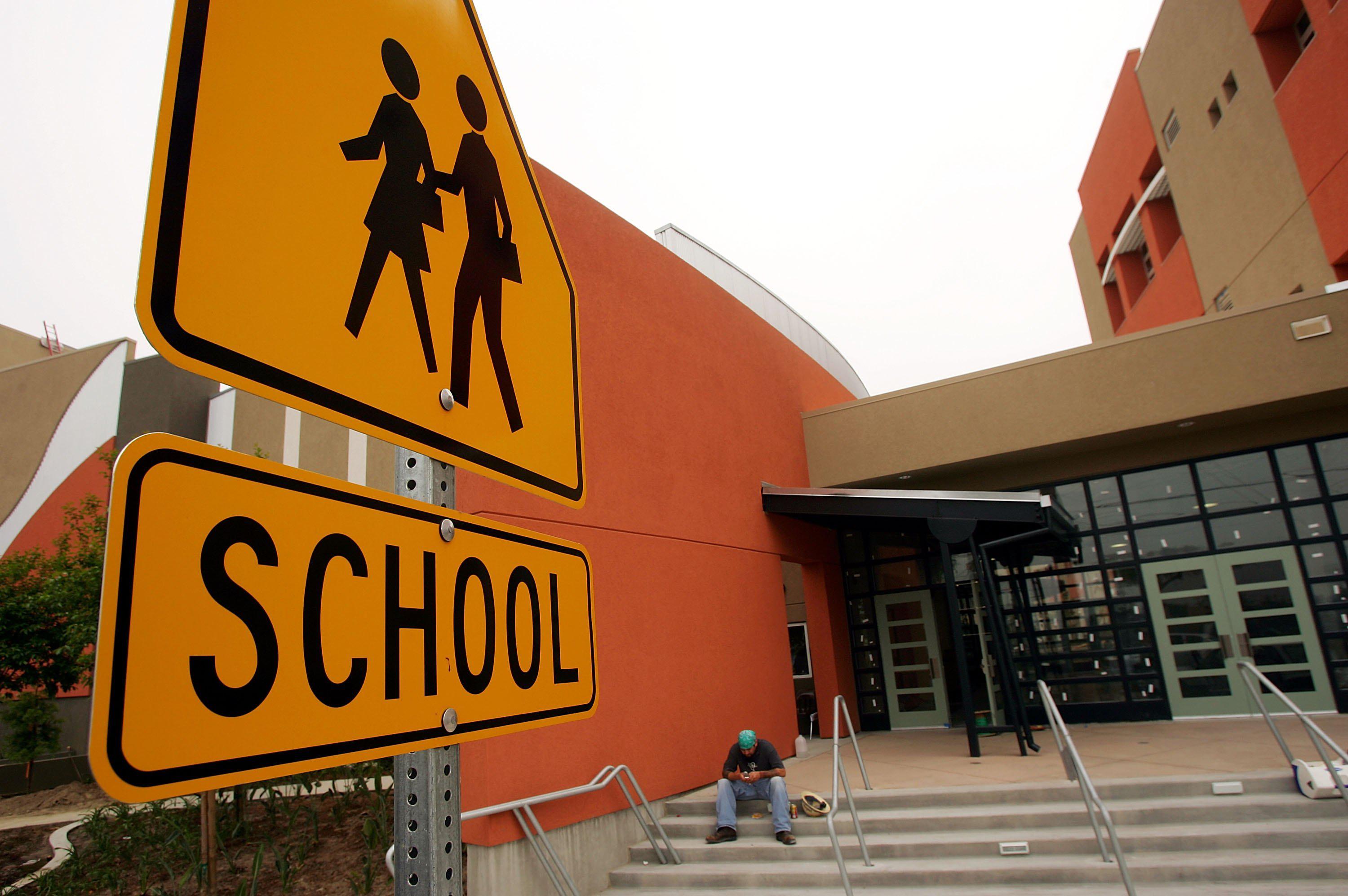The New Yorker recently published a fascinating and empathetic essay by Rachel Aviv exploring the evolution of the adult cheating scandal at Atlanta Public Schools through the lens of one middle school. The story paints a portrait of how the pressure to meet unreal expectations on standardized tests drove teachers to cheat in order to save their jobs and prevent their school from shutting down.
Aviv’s piece takes us back to the sobering details of a 2011 report released by the Georgia Bureau of Investigation, which showed that 44 of 56 investigated public schools cheated on the 2009 Criteria-Reference Competency Tests. As Slate’s Dana Goldstein put it then, according to the report, educators had facilitated cheating “often with the tacit knowledge and even approval of high-level administrators.”
Under former superintendent Beverly Hall’s watch, the district became a data-driven environment infested by a culture of fear and intimidation and placing emphasis on meeting numerical goals at any cost. Here’s how the essay captures it:
According to [Parks Middle School principal Christopher] Waller, the district became increasingly “corporate,” with every school focused on the “bottom line.” He [Waller] wrote teachers’ targets in marker on the floor of the entryway to their classrooms, in view of the students. He instructed the teachers, “I need those numbers,” and, “You need to teach to the test. Do what you’ve got to do.” “Data” and “accountability” had become almost magic words: if administrators repeated them enough, it seemed they believed that scores should rise, even if there hadn’t been significant enhancements in instruction.
Teachers at Parks Middle like Aviv’s protagonist, Damany Lewis, were forced to recalibrate their moral compasses to justify changing test answers on student papers or giving them test questions in advance.* What is most interesting about the story is seeing how the public middle schools are set up to fail from the get-go because of cheating much earlier in the system—at elementary schools. Rumors of the elementary schools’ cheating tactics even inspired the strategies that Parks Middle adopted to meet its annual goals under No Child Left Behind. Aviv argues in the piece that NCLB was a naively “utopian” piece of legislation because it uses similar criteria to assess all public schools without considering variables such as poverty and insecurity.
Commenting on the issue back in 2011, Goldstein pointed out that the Atlanta incident isn’t an isolated one, and foreshadowed that the “shenanigans” would continue in the future if the government keeps creating policies where test scores take precedence over children’s knowledge.
Aviv’s piece, however, raises concerns about superintendent Hall’s full participation in the scandal. Hall, who won National Superintendent of the Year in 2009, had disregarded an initial investigation in early 2006 that Parks Middle was cheating. Her trial, which has been delayed until August this year on account of her bad health, will look to determine the extent of her complicity in the matter.
Here’s a recap of the 2011 scandal from the Associated Press:
*Correction, July 18: This piece originally misspelled Damany Lewis’ name as Danny Lewis.
